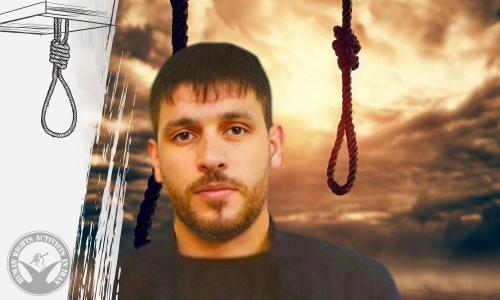government: emirate
state of civil and political rights: Not free
constitution: ratified by public referendum on 29 April 2003, endorsed by the Amir on 8 June 2004, effective on 9 June 2005
legal system: based on Islamic and civil law codes; discretionary system of law controlled by the Amir, although civil codes are being implemented; Islamic law dominates family and personal matters;
legislative system: unicameral Advisory Council (Majlis al-Shura)
judicial system: Courts of First Instance, Appeal, and Cassation; an Administrative Court and a Constitutional Court were established in 2007
religion: Muslim 77.5%, Christian 8.5%, other 14%
death row: at least 22 (up to 28/05/2008 according to Amnesty International)
year of last executions: 11-3-2003
death sentences: 4
executions: 0
international treaties on human rights and the death penalty:
Convention on the Rights of the Child
Convention Against Torture and Other Cruel, Inhuman or Degrading Treatment or Punishment
situation:
Since March 2013, after ten consecutive years without executions, Qatar can be considered a de facto abolitionist country.
Murder, offences against the State, drug offences and terrorism are capital crimes. Under Article 283, Section 11, of the Criminal Code, sexual abuse of a man carries a maximum penalty of 15 years in jail. However, if the victim is a relative the crime falls under Article 279 punishable by death.
Along with the Civil and Penal Codes, Sharia law is in force in Qatar, although only applicable to Muslims. The offence of Zina makes any sexual act by a married person outside of marriage punishable by death, while sexual acts by non-married persons are punishable by flogging.
Non-Muslims may not proselytize, and the Government officially prohibits public worship by non-Muslims. However, it does permit and protect private services. Converting from Islam is considered apostasy, and is technically a capital offence; however, there is no record of an execution for such a crime since 1971.
Qatar passed its first anti-terror law in February 2004. The law makes the death penalty or life in prison mandatory for “anyone founding, organising or managing a group or organisation to commit a terror act.”
The last executions took place on 11 March 2003, when Indian national Arun Abraham, sentenced to death by Qatar’s Sharia court for killing a compatriot, was executed by firing squad in Doha’s central prison.
Executions have always been rare in Qatar, although death sentences continued to be imposed. Until 2001, when three people were put to death, there had been no executions in Qatar for 10 years.
The power to commute death sentences rests with the Emir.
In 2014, at least four death sentences were issued – two for murder, one for drug related offences and one on a Filipino citizen for spying. In 2013, six death sentences were issued, and at least one in 2012. Currently, there are about 20 prisoners on death row.
In 2014, at least four death sentences were issued – two for murder, one for drug related offences and one on a Filipino citizen for spying. In 2013, six death sentences were issued, and at least one in 2012. Currently, there are about 20 prisoners on death row.
On 7 May 2014, the State of Qatar was reviewed under the Universal Periodic Review (UPR) of the UN Human Rights Council. The country’s delegation noted the death penalty had not been imposed since 2003 and accepted recommendations on continuing efforts of promoting Human Rights.
However, it rejected recommendations to establish a de jure moratorium on executions, with a view to abolishing the death penalty.
On 18 December 2014, Qatar voted against the Resolution on a Moratorium on the Use of the Death Penalty at the UN General Assembly.











